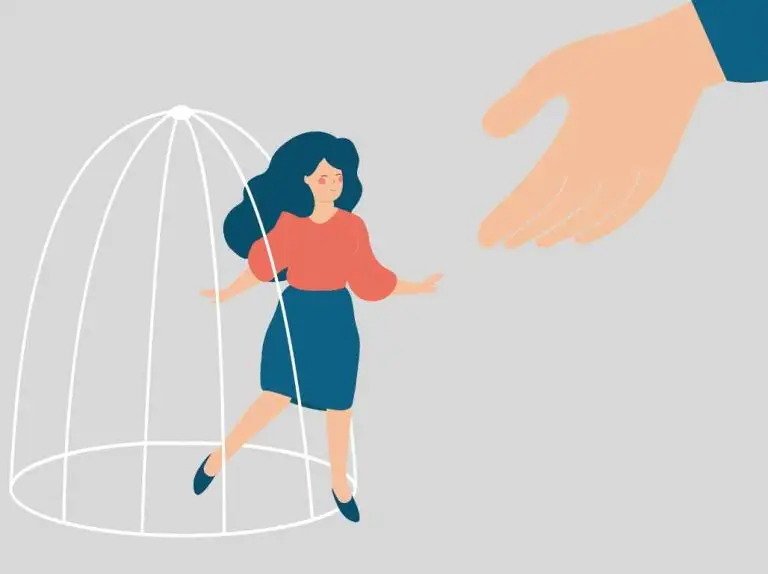Addiction Treatment Myths Abound
Addiction treatment misinformation is everywhere. What’s the truth and what’s fiction? If you or someone close to you is struggling with addiction, you might have heard several things about addiction treatment from family, friends, TV shows, the internet, or a myriad of other resources. Not all of that information may be accurate. Myths about addiction treatment need to be addressed so that you understand what your program actually looks like and what to expect if you reach out for help.
How Myths About Addiction Treatment Are Harmful
Learning as much as possible about addiction treatment and addiction treatment myths for yourself or a loved one struggling with substance abuse is essential. Myths about addiction treatment can be very harmful because they can instill fear or apprehension in people who desperately need help but won’t get it.
The American Medical Association found that there are over twenty million Americans with addiction, only ten percent of whom get treatment.
This means that ninety percent of people never get the help they need. Several of the reasons people don’t get help is because of addiction treatment myths.
Addiction Treatment Myths
Myth #1: Addiction is too expensive
One of the biggest addiction treatment myths is that it’s too expensive. There are several levels of addiction treatment, and the more intensive forms of care have a much higher cost compared to lower levels of care.
However, federal law requires that all health insurance providers cover the cost of primary mental health services, including addiction treatment. This means things like detox or outpatient services have to be covered by a health insurance provider.
If you don’t have health insurance, there are still ways to make addiction recovery affordable, such as nonprofit treatment centers, scholarships, or payment plans. Each treatment center is different in terms of the flexible payment options they offer, so don’t hesitate to contact the one you are considering.
Myth #2: Addiction is mixed, everyone in the same group
Other myths about addiction treatment that leads people to avoid getting the help they need is the fear of mixed groups with every gender present. This can be triggering for people who also have a history of substance abuse and trauma.
However, with facilities like Hillside Mission, clients can benefit from gender-specific treatment or programs designed to accommodate groups like First Responders or Executives.
Myth #3: Addiction treatment doesn’t work
One of the continuing addiction treatment myths is that it doesn’t work. People who know someone who went to rehab and then relapsed think that the treatment failed. Similarly, people who have relapsed or completed an outpatient program with little progress continue to perpetuate similar myths about addiction treatment.
However, with Hillside Mission, we specialize in detox and residential programs. Residential programs are more comprehensive and, as such, more effective than comparable treatment. Too often, people pick a traditional outpatient program because it’s the cheapest without realizing the levels of care or how they work.
Levels of Care
In any addiction treatment, there is a step-down approach used to move you through different levels of care. It starts with the most intense level of care, which is inpatient or residential, and transitions downward through things like partial hospitalization programs, intensive outpatient programs, and traditional outpatient.
With a proper recommendation after an initial assessment, severe substance abuse cases might be better served with inpatient or residential programs initially. These programs help extricate you from your current environment, removing any temptation, stress, or triggers so you can focus solely on your recovery.
As you move through that level with success, completing personal milestones, you might be ready to transition to a lower level of care, but if you were to start with traditional outpatient or you only go to things like support group meetings once a week, that may be wholly insufficient. Only with the appropriate level of care can you get the treatment you need.
Myth #4: Addiction treatment is the same for everyone
Many people mistakenly believe that all addiction treatment is the same. However, just because your program has a recommendation for something like cognitive behavioral therapy does not mean that your treatment will be the same as someone else who also participates in cognitive behavioral therapy.
Ava Recovery is a drug rehab in Austin that fights against the stigma around addiction. We are here to help you and your loved ones. Reach out today.
More Articles To Read About Treatment
5 Evidence Based Therapies You Need
Individualized Addiction Treatment Brings Hope





















